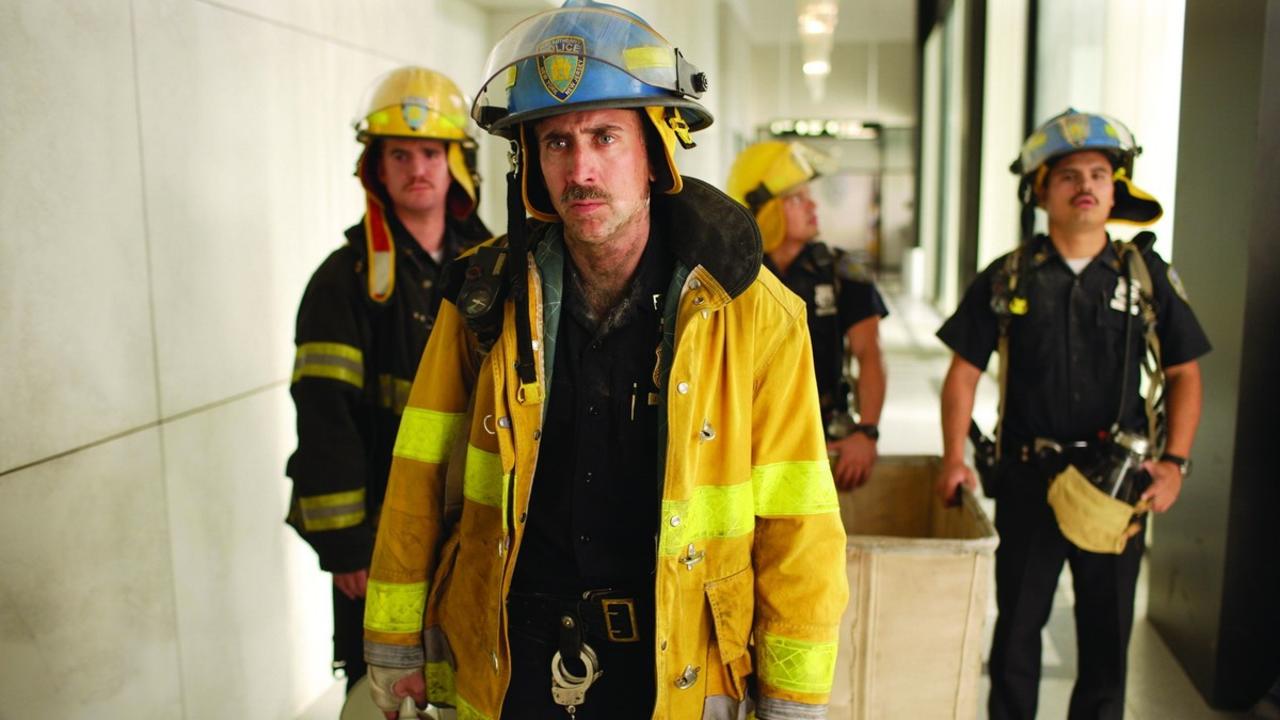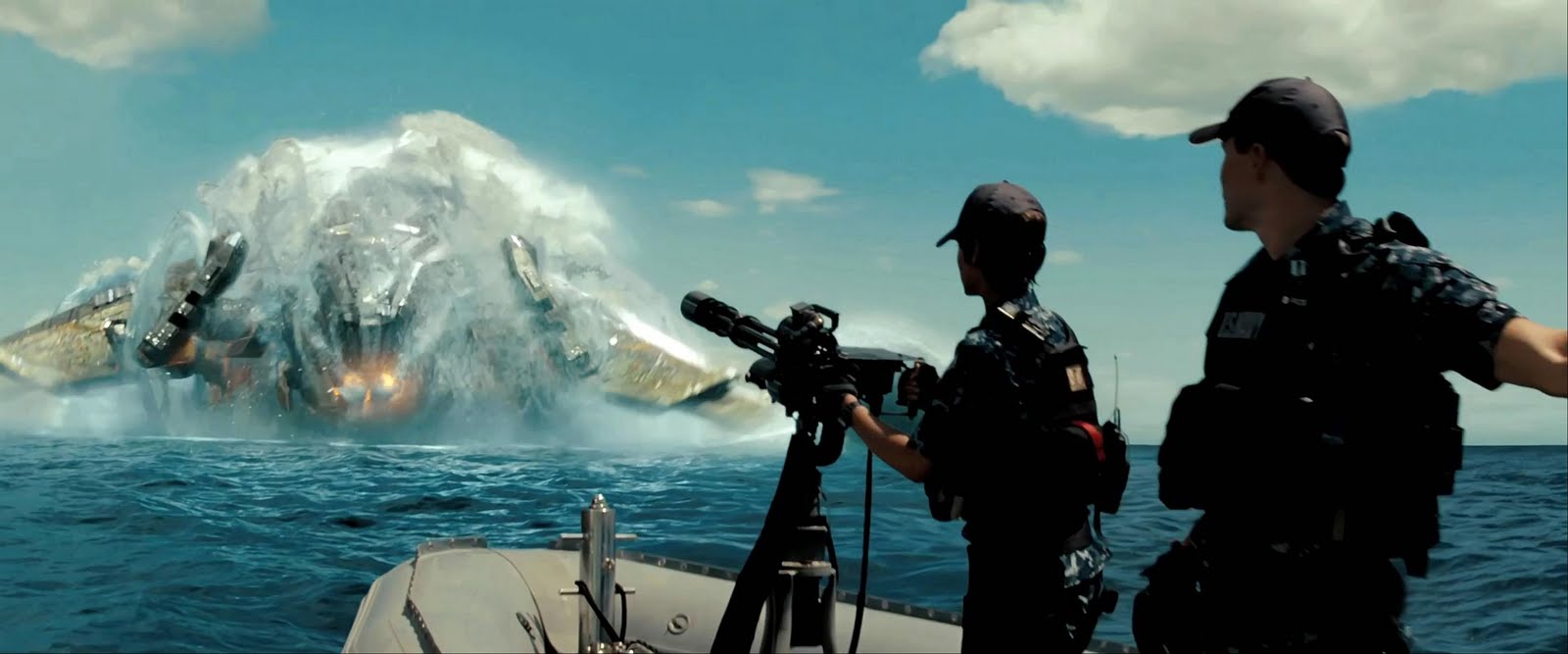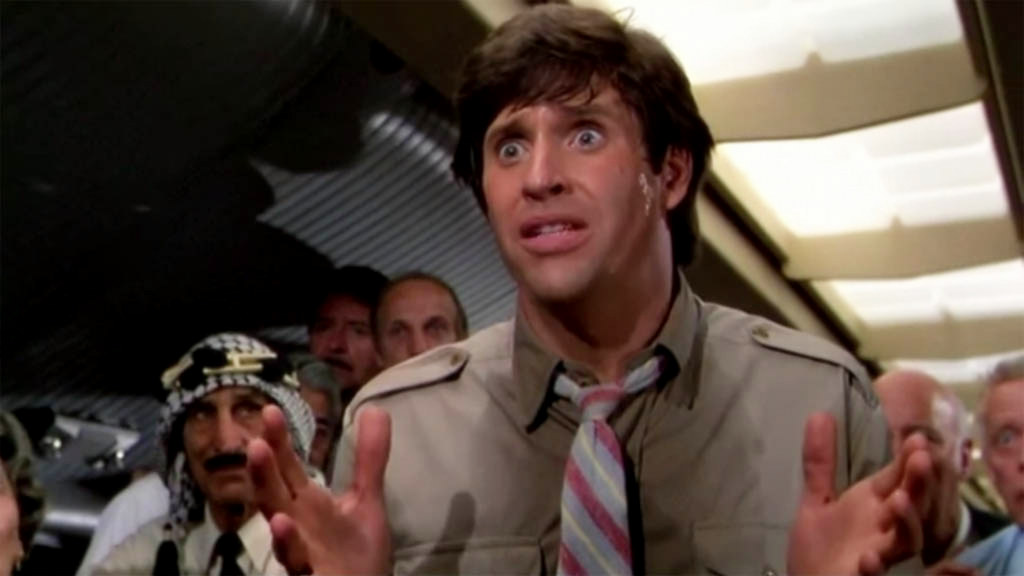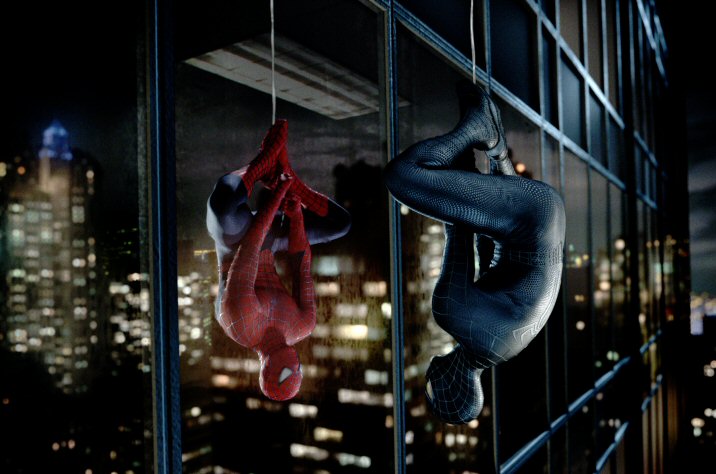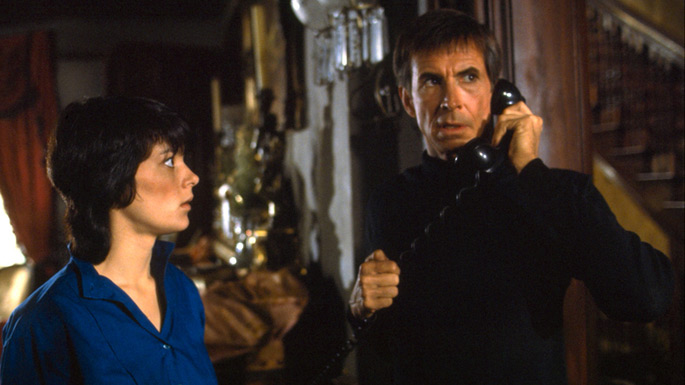11. World Trade Center
What Happened: Although it is debatable over whether this is a bad movie or not, it is nonetheless a disappointment to fans of Oliver Stone. The movies of Oliver Stone are of historical and political intrigue as well as controversial in nature. He has made movies that shows the ugliness of war, the greed of Wall Street, and the irresponsibility of mass media and violence.
So when it came to him directing a movie about the September 11th attack on the World Trade Center, there would have been many approaches that Oliver Stone could have taken with this material. Like the movie JFK, he could have examined the countless conspiracy theories and dwelled into the political undoing that went on after 9/11. Instead, he opted to do a simpler story of two Port Authority police officers, John McLoughlin and Will Jimeno as they struggled to survive in the World Trade Center wreckage.
Although the movie’s premise works and would probably have been a critical success if it were in the hands of a different director, World Trade Center ultimately feels off because it didn’t feel like an Oliver Stone movie. In many ways, it’s a betrayal of his own beliefs. It feeds off of the sentimentality of the issue rather than putting it to question. The movie appears like a right-wing pro-American movie than a think piece that Oliver Stone is famous for.
So What is There to Learn: If a director has an already established set of beliefs and ideologies, then it is hard for a movie of that director to veer away from those. Doing so would be considered hypocrisy or lead to accusations of selling out. It might lead to a good movie but it will hurt the fan base of a director.
A reputation of many things can be set from a director once their previous works are successful. Oliver Stone is unique because he has a negative view on America. It’s also wise to never make it look like your movie is being made for the sole purpose of money, especially if you’re an established director with a particular vision.
12. Battleship
What Happened: After the commercial success of Transformers: Dark of the Moon, another movie based on a toy was set to release the next year. Battleship is often called the Michael Bay movie that Michael Bay never directed. This movie is an adaptation of the board game from Hasbro, much like the Transformers series. It stands to reason that the movie must be done in similar fashion in order to sell at the box office.
As a result, this movie has many resemblance to what would be seen as a Michael Bay movie. This includes copious amounts of explosions, the incessant use of slow motion, heavy use of the military, and it even has the epic circular camera move. As a result upon release, reviews for this movie was negative, though it was still a commercial hit. The negative reasoning behind it was the same with that from past Michael Bay movies.
The movie had no plot, the characters were terribly written, and it was too much style over substance. Interestingly, many people have said that it’s better than other Michael Bay movies, but it still didn’t affect much of the overall opinions of the movie.
So What is There to Learn: It seems common sense, but do not emulate a bad director, or in this case, a commercial director. The misstep of Battleship was that it was set with the same style as Michael Bay. It is also a testament on how much a director is bad based on movies that they haven’t directed.
It’s important to learn about how movies are emulated from other directors. There have been countless analysis on how there is so much “Kubrickian” or “Hitchcockian” elements in other movies. The same principle can still be applied to a bad director, and Battleship is an excellent example of such for Michael Bay.
13. Airplane II
What Happened: Comedy sequels are struggling to get their just recognition, and this is evident with the many movies that make the list of unsuccessful comedy sequels. Dumb and Dumber To, The Hangover II, and Evan Almighty are all such examples. The usual culprit behind this trend are recycled jokes and retreaded plots.
In the case of Airplane II, as compared with the original Airplane, the plane breaks down again, the pilots are incapacitated and the people in the cabin panic, and Ted Striker has to commandeer the plane and land it safely again while also settling relationship troubles with Elaine.
Because of the success of the first Airplane, a sequel was under way, even though the original directors, Jim Abrahams, David Zucker, and Jerry Zucker were in no way associated with it. The movie is not original, and it does not build on the first one. Instead, the major change that happens is the added science-fiction element.
So What is There to Learn: This has been a trend in Hollywood movies where comedy sequels are not groundbreaking or smart like its first movies. The reason why this happens is because why making a movie’s sequel when the first one worked? If it’s broke, don’t fix it, as the saying goes. A movie sequel must adapt and evolve. It has to build upon the original, not made the same.
A movie sequel must move past the original, raise the stakes, and explore the characters on a deeper or different level. Nobody likes recycled jokes and rehashed stories. Nobody likes to see the original movie again. They want to see something different. This also proves why comedy is a tough genre to work on. It takes a lot of work to make something funny the first time, but it’s too easy to go back to what was funny the first time.
14. Spider-Man 3
What Happened: Because Marvel Studios have the ultimate control over their movies, they are the one in charge of the movies and not the directors. This can have positive effects. A great example is how the past Marvel Cinematic Universe movies are used to set up The Avengers.
However, because the studios are in control, the directors have very little say in the movie. There has been a small trend with some recent Marvel movies; such as Josh Trank’s twitter in regards to the Fantastic Four reboot, Joss Whedon’s overwhelming stress on the making of Avengers: Age of Ultron, as well as Edgar Wright leaving Ant-Man, in which directors are now having an adverse effect on the movie. But this was more evident in why Spider-Man 3 was not a critical success.
The original intentions with the movie, according to director, Sam Raimi, was to have Sandman as the primary villain, but the studio insisted that they also add in Venom because of his strong fan base. The studio also wanted to introduce the character, Gwen Stacy, despite Peter Parker’s love interest already established through Mary Jane Watson.
As a result of so many studio interference, the movie felt bloated. It was bogged down with too many plot points, and the movie was ultimately met with disappointing reviews, despite being the most successful Spider-Man movie. Sam Raimi himself was disappointed with the final product, and plans for a fourth Spider-Man movie were scrapped.
So What is There to Learn: This movie is a good lesson in how studios can ruin a good vision. Mainstream movies are a business, and like most business, they have to protect their assets. A director’s vision is important in making a movie, where as the studio is there to sell the movie.
Even though Marvel has a good handle on their movies, they must realize that directors are just as, if not, more important. There has to be a mutual balance between the two and with the case with Marvel, there needs to be an equal standing. Sometimes the director can get out of hand, such as the case with Michael Cimino’s Heaven’s Gate, which is why it works both ways.
15. Psycho II
What Happened: Like the Psycho remake, why was there a Psycho sequel? This movie was doomed from the start simply for the number one reason, did this movie need a sequel in the first place? Like Casablanca and Citizen Kane, Psycho is a movie that stands on its own, never needing a sequel.
Psycho II was released in 1983, 23 years after the original Hitchcock movie, and it was directed by Richard Franklin, a person who requires a quick Wikipedia check in order to know that he will never top Alfred Hitchcock. This movie was doomed from the start and was written off as a useless sequel.
However, people are now reevaluating this movie, and it has gained a cult following. Interestingly, Quentin Tarantino has said that he prefers this movie over Psycho, which means it’s doing something right, and it does. The movie explores more of Norman Bates as a sympathetic villain, it pays much homage to the original movie, and it satirizes the nature of Hollywood slashers.
So What is There to Learn: A movie sequel can easily be disregarded on the principles of it not really needing a sequel and that it will never be better than the original. It’s really hard to pick up a film that looks like it belongs on a list with Jason X, Jaws 3D, and The Exorcist II.
However, this movie was never intended to outdo the original, but instead it sought to explore more of Norman Bates’ character and it took the movie in a new direction from the previous, which is what a good sequel should do. It might look like it’s a quick and shameless cash grab, but people must not assume that all sequels are in for that route. Sequels have been nowadays toxic to watch, but never judge a book by its cover.
Author Bio: Kevin Tran is a recent graduate from Cal State Long Beach with an emphasis in Film and a minor in Communications. He is into film editing but he loves to write on the side. His love of film started when he borrowed my friend’s copy of Peter Jackson’s Dead Alive and enjoyed it so much that he became obsessed with ridiculous movies with excessive cult followings.
